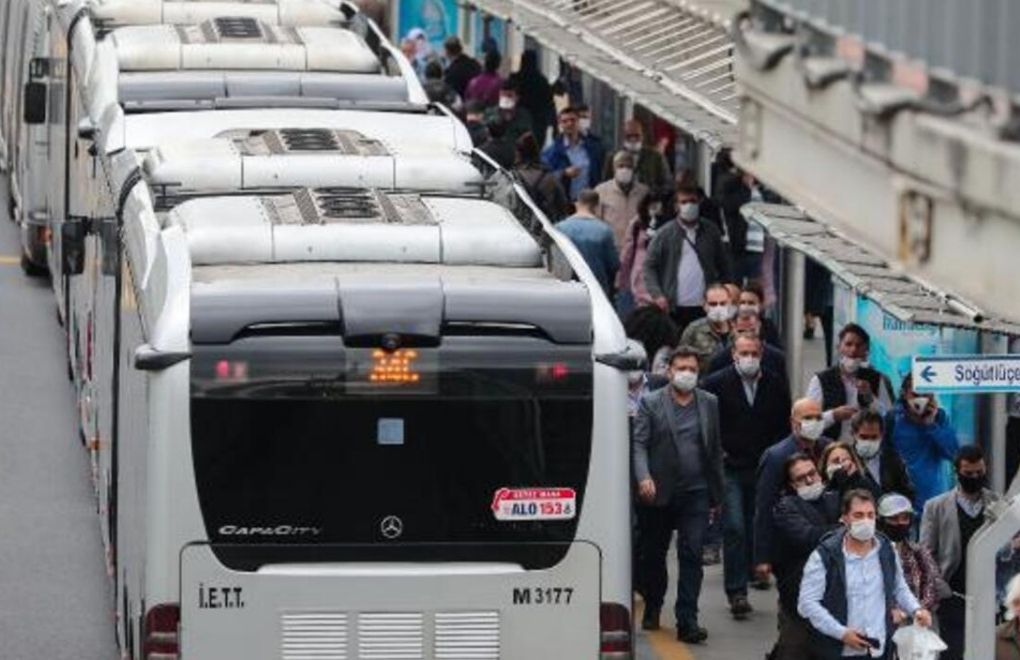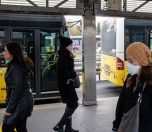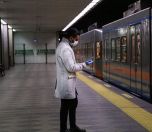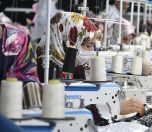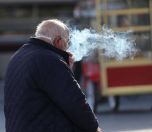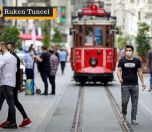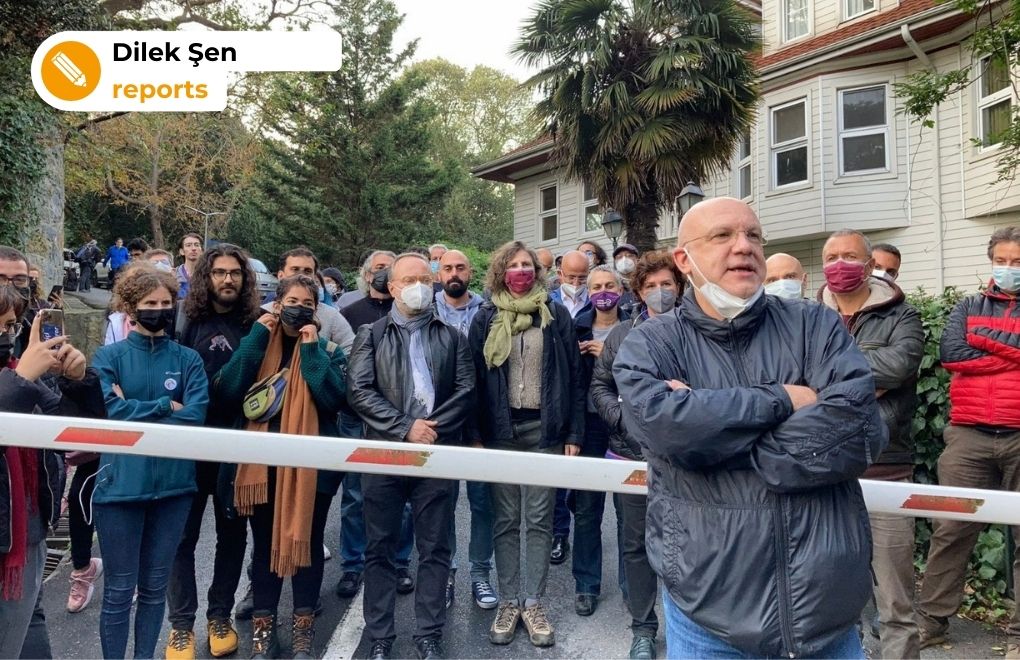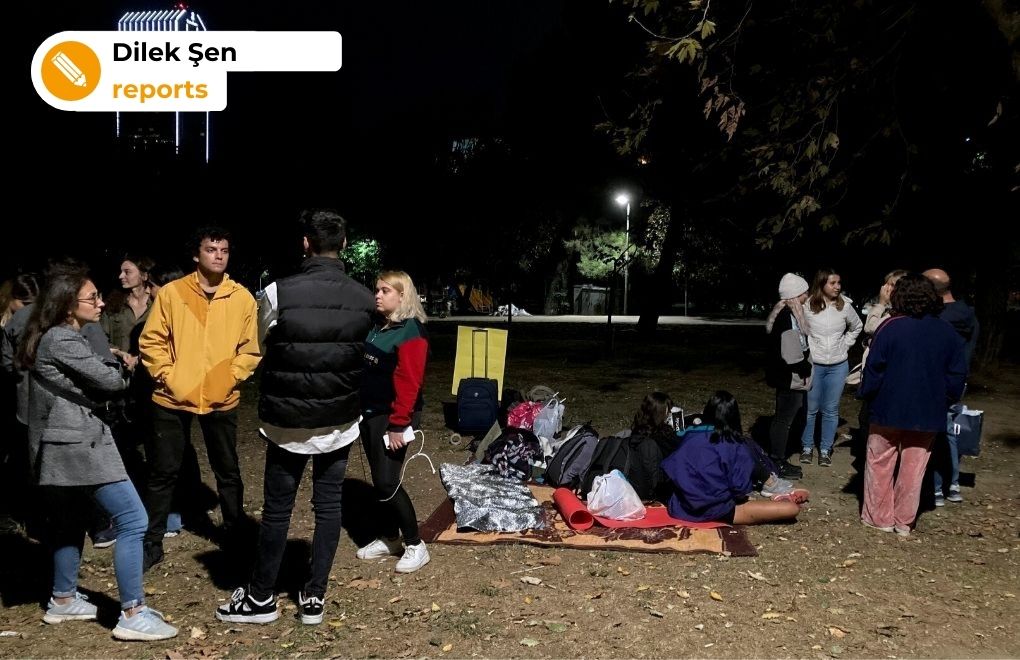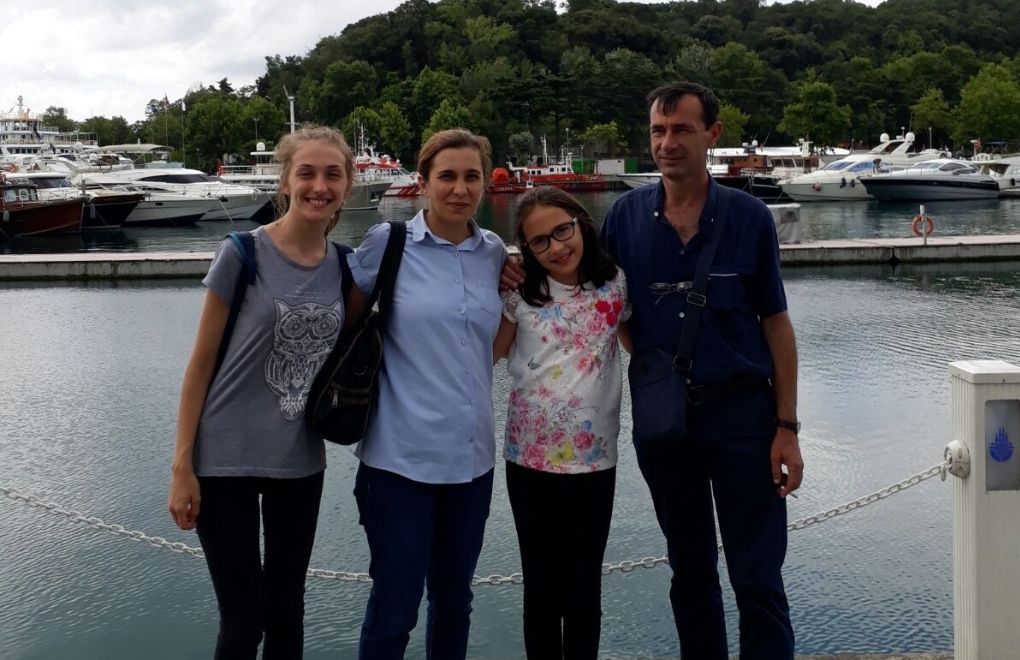Click to read the article in Turkish
Amid increasing number of cases and deaths, the Scientific Advisory Board of the İstanbul Metropolitan Municipality (İMM) has stressed that the novel coronavirus (COVID-19) pandemic cannot be managed without restricting social and physical mobility for at least two weeks in the city.
Scientific Advisory Board members Nilüfer Aykaç, Melahat Cengiz, Gülden Çelik, Birsen Durmaz Çetin, Nilay Etiler, Evindar Karabulut, Seval Sözen, Melike Yavuz and Ejder Akgün Yıldırım have prepared a report that recommends "urgent lockdown" in İstanbul.
Dr. Nilüfer Aykaç has spoken to bianet about the report, which has been prepared based on the transportation data of the İMM.
"İstanbul is the capital city of the outbreak, as was also the case in April," she has said and briefly added the following: "The latest data show that 903 out of every 100 thousand people have caught the disease and 21 out of every 100 thousand people have lost their lives. In other words, the citizens living in İstanbul are twice as likely to catch the virus and to die of it.
'Blue collars are at high risk'
"Even though other provinces and regions in Turkey were, in certain periods, leading residential areas in the outbreak, İstanbul has never ceased to be the capital city of the outbreak, except for summer months.
"In İstanbul, the COVID-19 dynamic has been set by the ones who have to work all the time. The real cause of the mobility in İstanbul's transportation throughout March was that laborers were working. In this context, we see that blue collar people are a high risk group in terms of COVID-19.
"Even when the bans were in effect in the first period of the outbreak, the traffic flow in all organized industrial zones, especially in Gebze, never decreased. There was a constant flow from the towns inhabited by blue collars to organized industrial zones where they were working.
Risk areas in İstanbul
"The areas where blue collars live and socialize have set the basic dynamics of the infection. I mean, Avcılar, Bağcılar, Bahçelievler, Esenyurt, Küçükçekmece [in the European side] and Kurtköy, Pendik, Samandıra, Ümraniye, Tuzla [in the Anatolian side] are the primary risk areas of İstanbul.
"These people work in Beylikdüzü, Birlik, Dudullu, İkitelli, İstanbul Leather Industry, Tuzla and Tuzla Chemical Industrial zones and have to commute between their homes and workplaces every day.
'Workers must be protected'
"The people who cannot work from home must be protected by social state policies. Coronavirus outbreak signals that as long as the poor, the disadvantaged and other vulnerable groups are not protected, they will catch the disease sooner or later.
"Even though it is said that coronavirus is a 'democratic' disease and that everyone gets sick, those who are not equal in life or health are not equal in disease or death, either.
"The data that we have obtained from the İstanbul Metropolitan Municipality has indicated that one of the basic factors that lead to an increase in infection is the fact that laborers have to work." (DŞ/SD)





